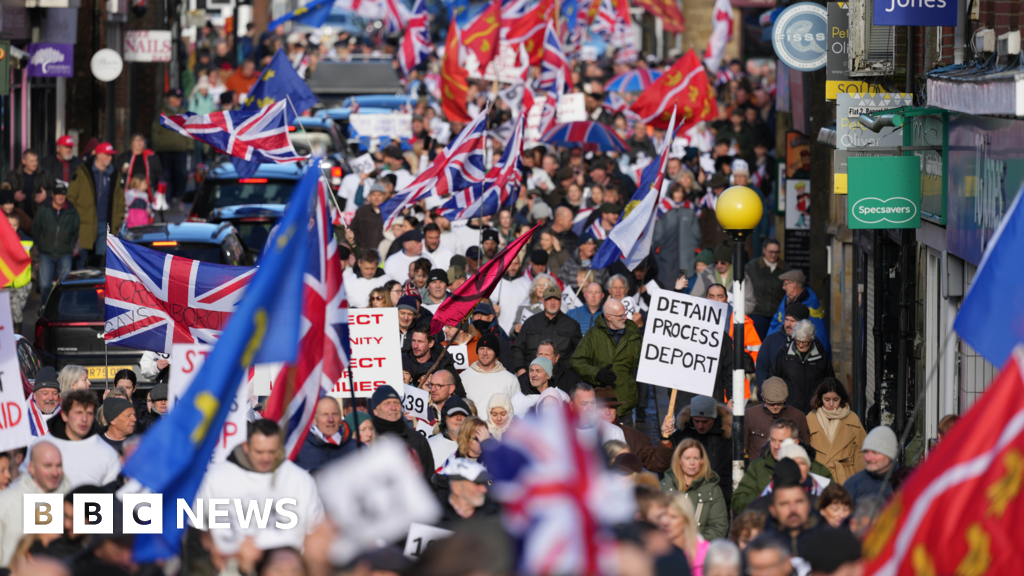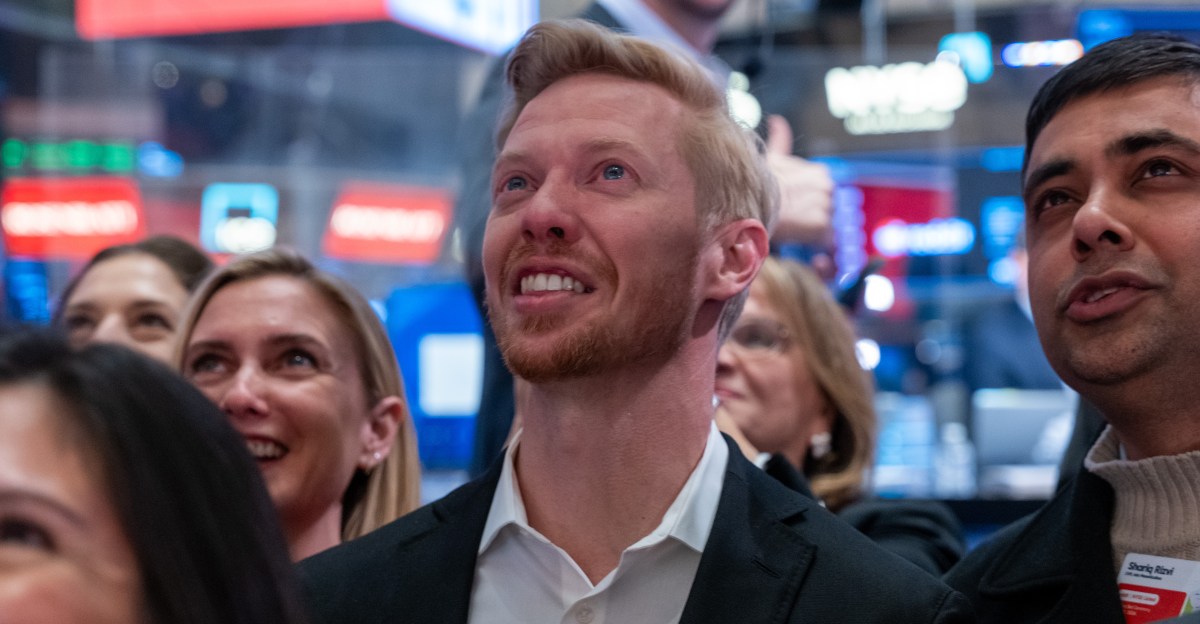Is there a view, eventually, that in the long run, Gaza and the West Bank should have self-determination of some from Palestinian government —— the government should be Palestinian, even if it is not today’s P.A., today’s Hamas? Or is the view that either it will be in Israeli control — we’ve moved back to occupation — or that it will be under some kind of Arab consortium, or I’ve seen people talk about the Jordanians, or obviously you’re talking about the U.A.E., and they’re a big player in this — that there is some other alternative? Fifty years from now, five years from now? Let’s say 10 years from now. The center left in the U.S. says, “We should try and give Palestinians a state” because that’s how people are used to live. And Israelis say, “We gave them a state. Gaza was a state. This was the outcome,” because when Israel evacuated the settlements in 2005 unilaterally, it actually abandoned Gaza. And Israelis were under the impression that if you build a big wall, you can forget about Gaza. And the outcome was horrifying for Israelis. The Palestinian Authority was something like 60 percent state. It failed in the Second Intifada with 1,200 casualties over five years. So that’s why Israelis don’t even want to talk about it now. You know what, I feel easier to speak about 20 years from now, because this is the time frame for raising a new generation. I would say that you’ll have 60, 70 percent statehood with reformed entity. I don’t want to call it the Palestinian Authority, but something like this living really side by side in peace with Israel. And a Palestinian would say none of these things were anywhere close to a state. They did not have control of their own borders. They could not leave and come at will. It will never be 100 percent. It was a siege, constantly a siege, and control of the borders. And barring different goods coming in and out, which is partially why you got the tunnels in Gaza. But in the West Bank, too, you have checkpoints. You have a tremendous amount of Israeli control over daily life. I’ve been through it. It’s striking and visually apparent the moment you step foot in it. And they would say that the reason you have this ongoing conflict is that the conflict for the Palestinians is ongoing, that in none of these 60 percent, 50 percent states that you’re describing, was there anything like genuine self-determination, freedom, and in that condition there will never be any kind of stability. I refuse to call it a cycle of violence because it bases —— The idea is that we do something they revenge, and vice versa. It’s not the case. There was a wide agreement in Israel toward a two-state solution, but what we have to undo to the conclusion from Oct. 7. The only reason it didn’t happen in the West Bank is because the I.D.F. is still there. So we should be very cautious before we give anything. I mean, the last attempt to have a real peace, not a cold peace, but a peace like between Germany and France. That was the perception in the ’90s, this multicultural era, following the fall of the Berlin Wall, new Middle East. Peres and Rabin are in office. The center left controls, Michael Jackson is in, is in, has a show in as a concert in Tel Aviv — and it collapsed here not because of Israelis but because they didn’t want peace. And as long as we don’t take care of the idea that the Palestinian image is not of a Palestinian state living side by side with Israel, but of from the river to the sea, Palestine shall be free, we’re not going to see peace as we describe it.


